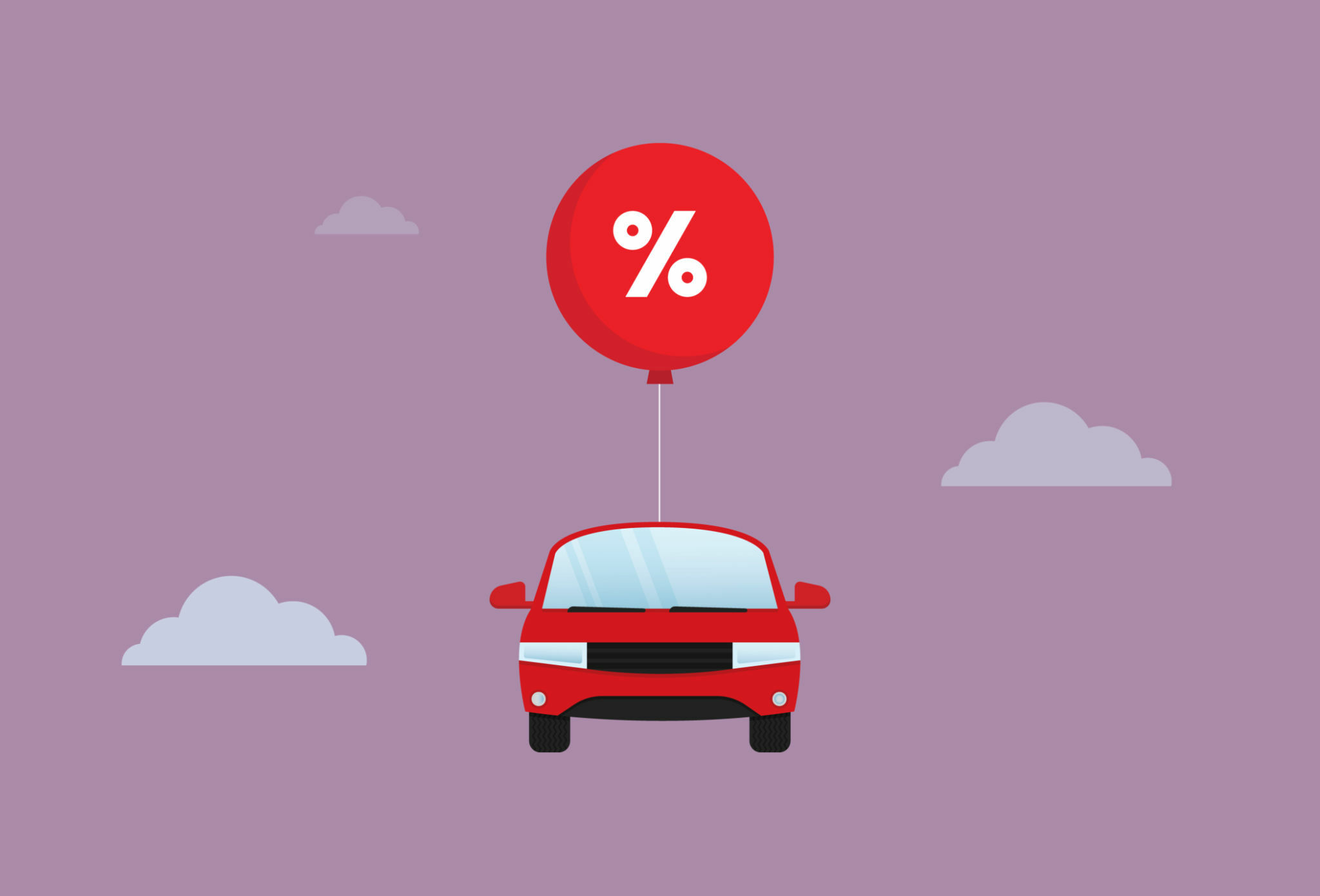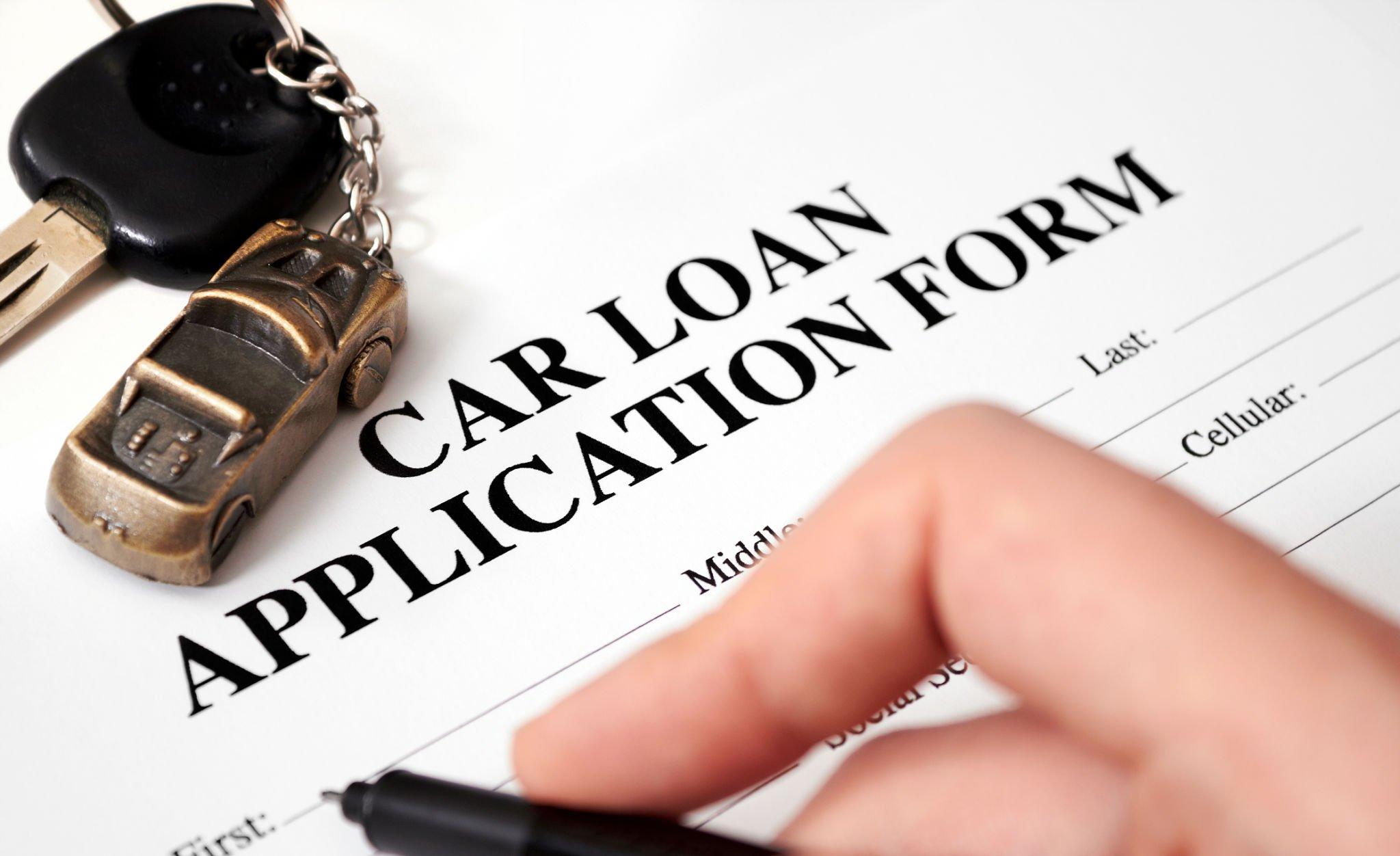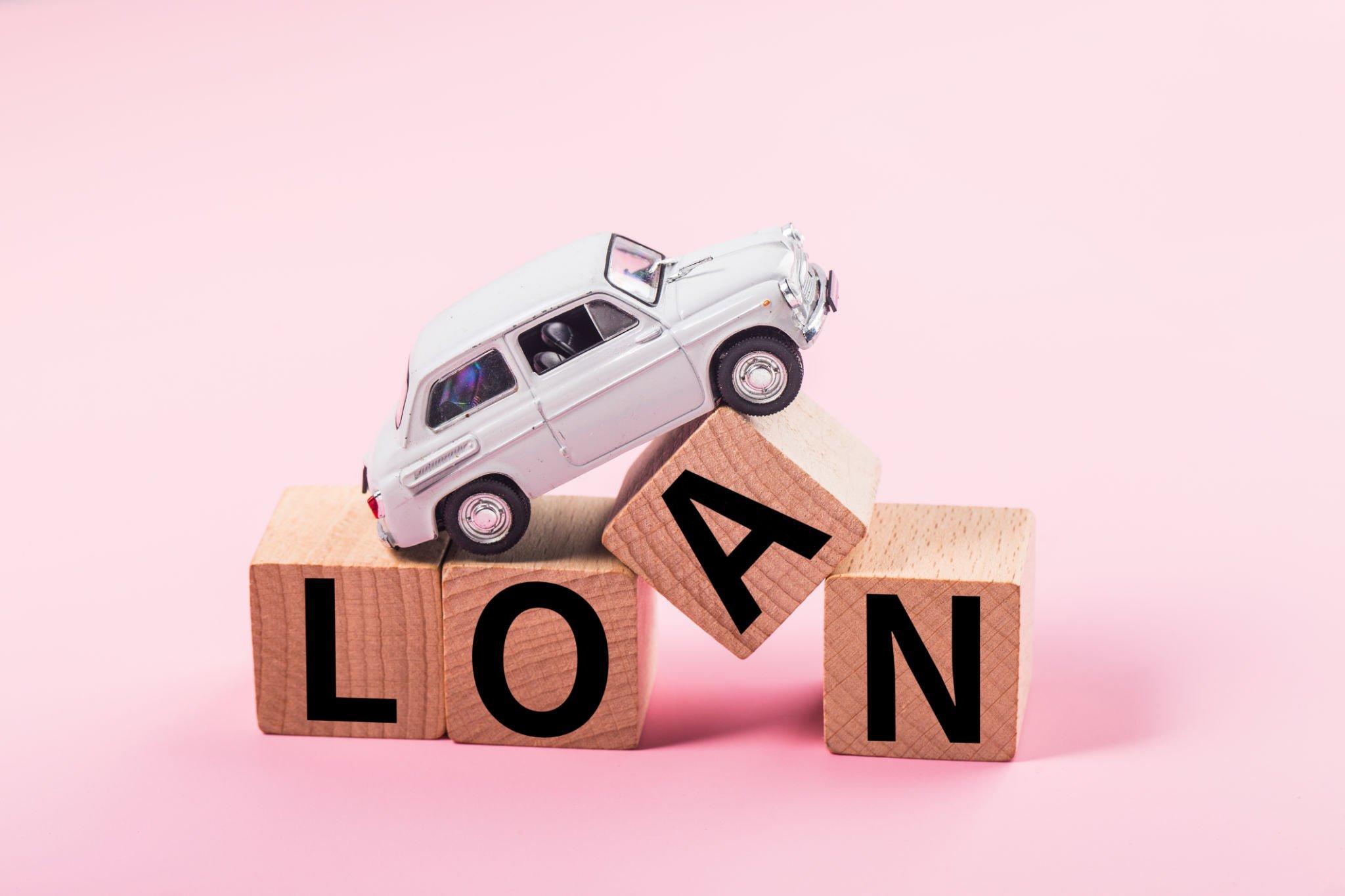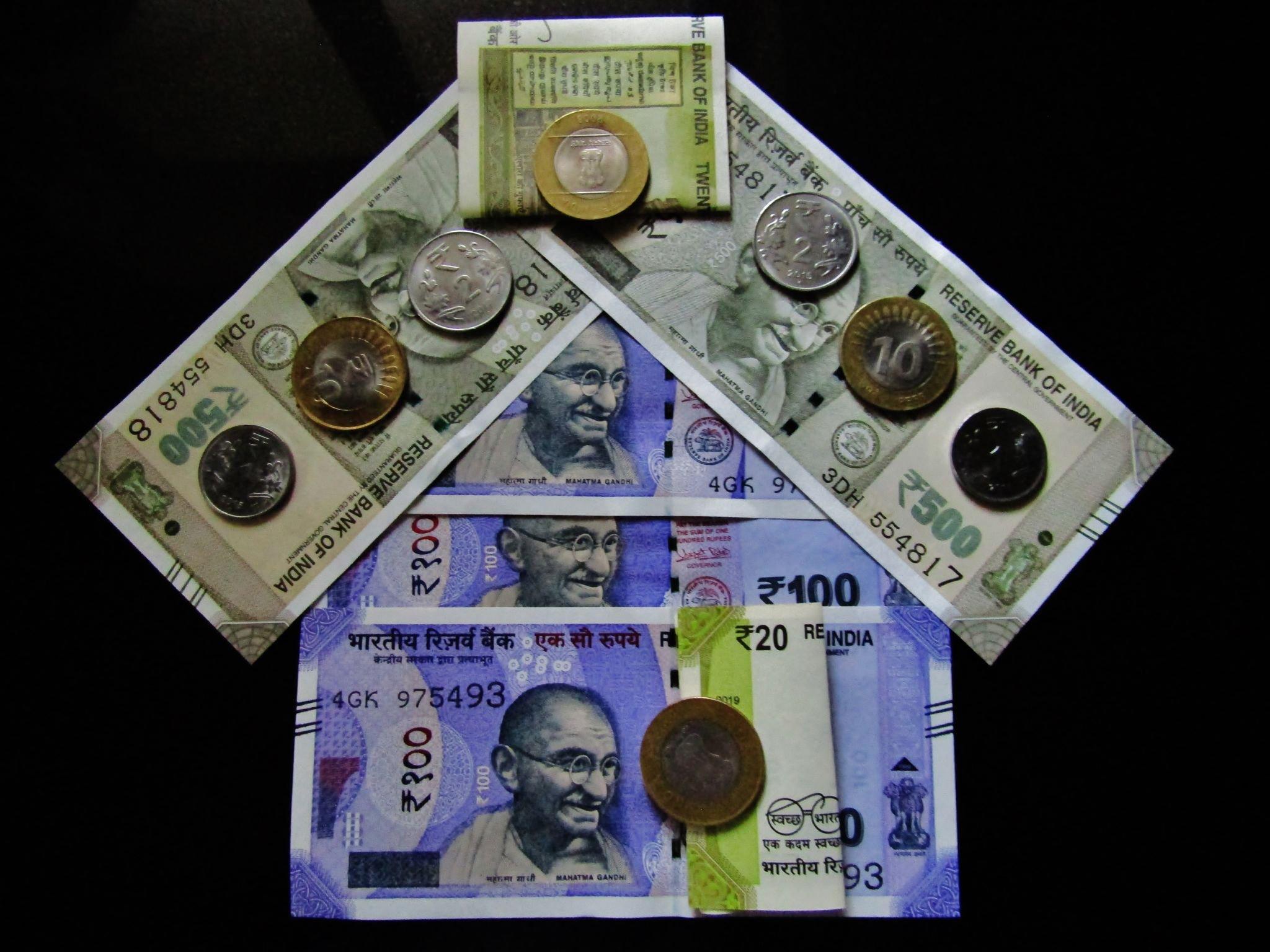
Buying a car is an exciting milestone, but the financing part can leave you feeling like you’re stuck in rush hour traffic. One of the key decisions you’ll face is choosing between a secured and an unsecured car loan.
Both have their own advantages and disadvantages, and the “safer” option depends on your individual circumstances and priorities. So, buckle up as we navigate the twists and turns of secured vs. unsecured car loans in India!
Secured Car Loans: The Comfort of Collateral
A secured car loan uses your car as collateral, meaning the lender can repossess it if you miss payments. This perceived lower risk for the lender translates to several benefits for you:
- Lower interest rates: Since the lender has a safety net, they’re more likely to offer you a lower interest rate compared to an unsecured loan. This can save you a significant amount of money over the loan term.
- Longer repayment terms: Secured loans often come with longer repayment terms, giving you more breathing room to manage your monthly installments.
- Potential for higher loan amounts: With the car as security, lenders may be willing to approve you for a higher loan amount, opening up possibilities for a wider range of vehicles.
- Building credit: Making timely payments on a secured loan can positively impact your credit score, paving the way for better loan terms in the future.
Unsecured Car Loans: Freedom Without the Anchor
Unsecured car loans, on the other hand, don’t involve any collateral. This means the lender takes on more risk, which is reflected in the following:
- Higher interest rates: Prepare for a potentially steeper climb on the interest rate mountain compared to secured loans.
- Shorter repayment terms: Unsecured loans typically have shorter repayment terms, meaning you’ll need to pay higher monthly installments.
- Lower loan amounts: Lenders might be more cautious and limit the loan amount you can qualify for due to the lack of collateral.
- No impact on credit score: While missed payments can hurt your credit, on-time payments won’t necessarily boost it as significantly as with secured loans.

So, which one is “safer”?
It’s a tricky question with no one-size-fits-all answer. Here’s a breakdown to help you decide:
Choose a secured car loan if:
- You have a good credit score and want the best possible interest rates.
- You prioritize affordability and prefer lower monthly payments.
- You’re comfortable with the idea of the car being used as collateral.
- Building credit is a major concern.
Choose an unsecured car loan if:
- Your credit score isn’t ideal and you have limited collateral options.
- You need flexibility and don’t want your car tied to the loan.
- You’re looking for a smaller loan amount for a used car.
- You’re confident you can handle higher monthly payments.
Beyond the Basics: Indian Car Loan Considerations
Remember, the Indian car loan landscape is unique. Here are some additional factors to keep in mind:
- Down payment: Aim for a higher down payment to reduce your loan amount and interest burden.
- Processing fees: Compare processing fees across lenders to avoid hidden costs.
- Prepayment penalties: Check if there are any penalties for early loan repayment.
- Loan tenure: Choose a loan tenure that aligns with your budget and repayment capacity.
- Tax benefits: Utilize available tax benefits on car loan interest and principal repayment.
Navigating the Road Ahead
Choosing the right car loan is crucial for a smooth financial journey. By understanding the differences between secured and unsecured loans, carefully considering your individual needs, and comparing offers from various lenders, you can find the perfect vehicle to drive your financial success. Remember, the safest option is the one that puts you in the driver’s seat of your finances, not leaving you stuck on the side of the road with regrets.
Drive Safe, Drive Smart!
We hope this blog has helped you navigate the world of secured vs. unsecured car loans in India. If you have any further questions or need assistance with your car loan search, feel free to leave a comment below or reach out to a financial advisor for personalized guidance. Happy car hunting!






